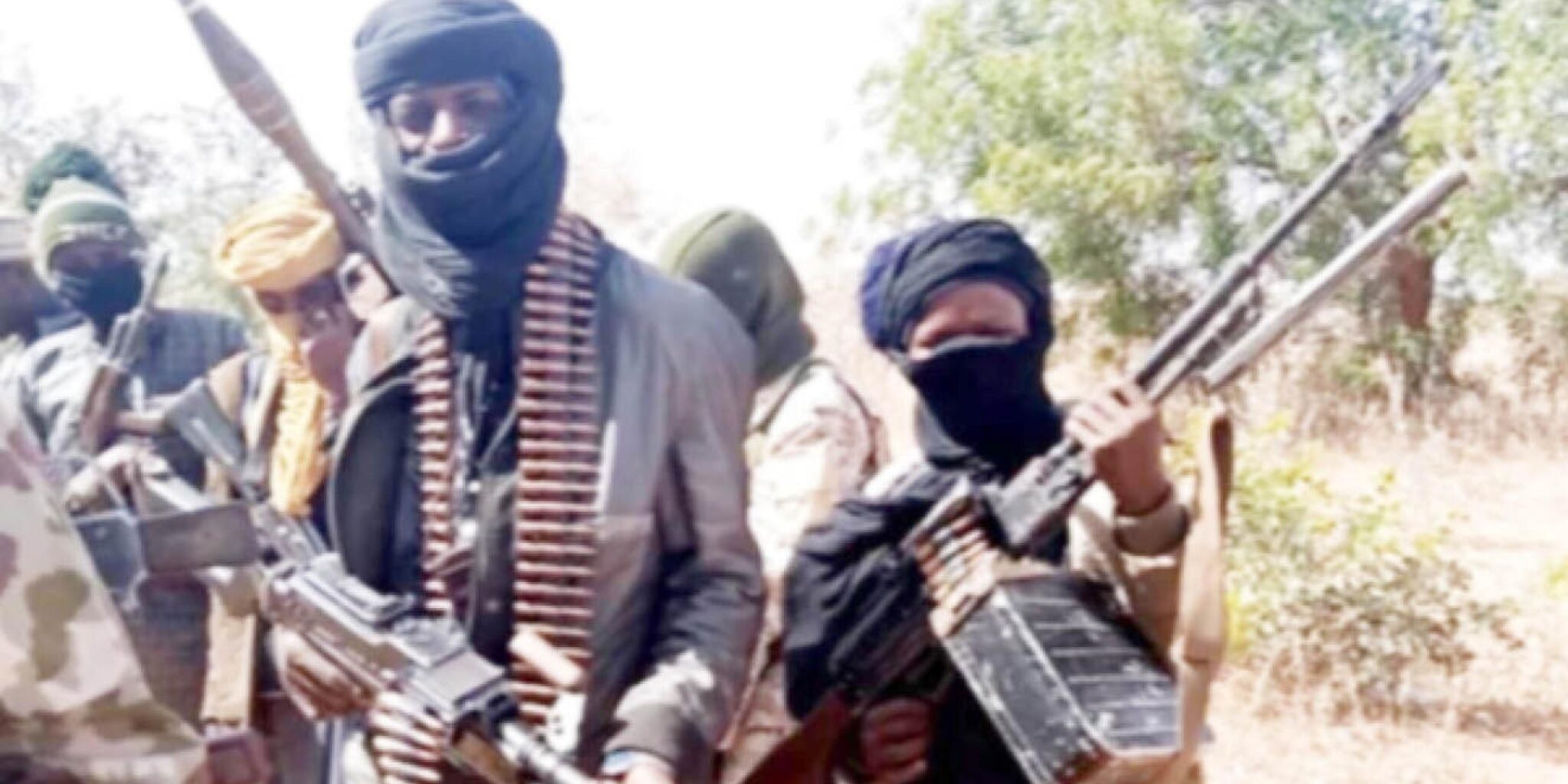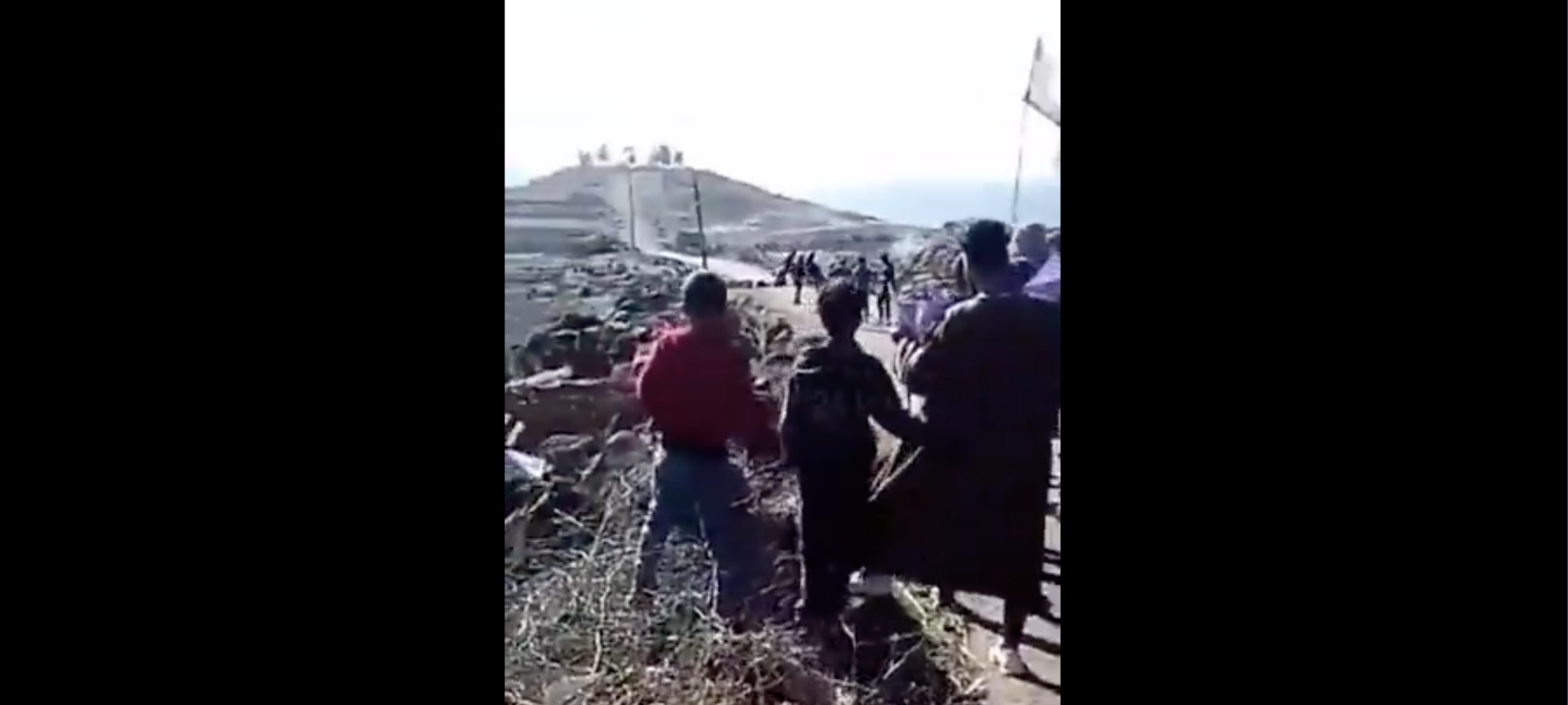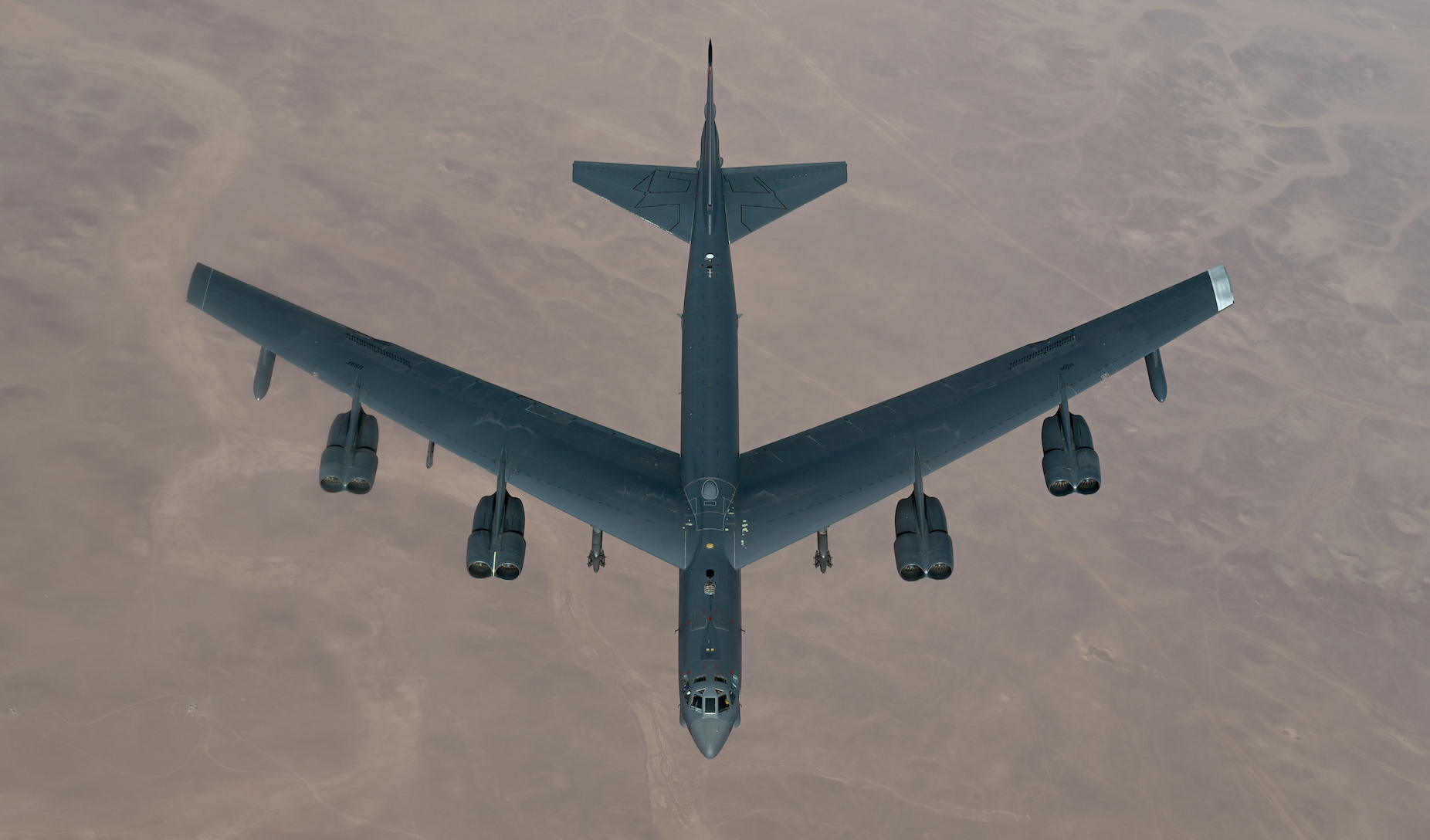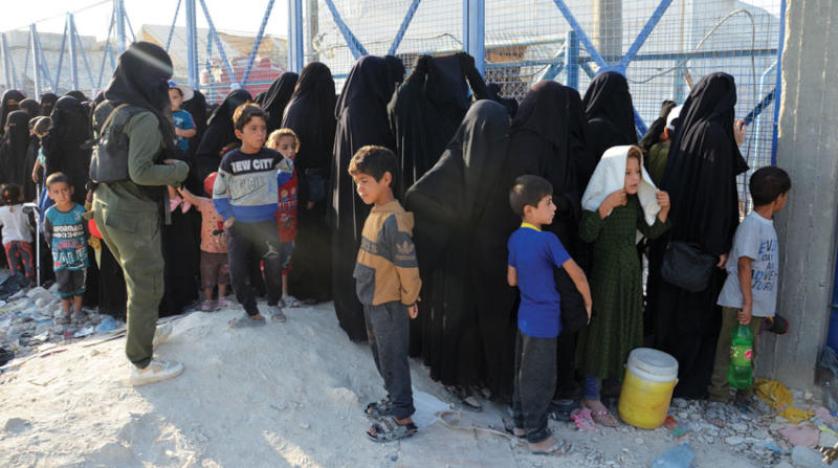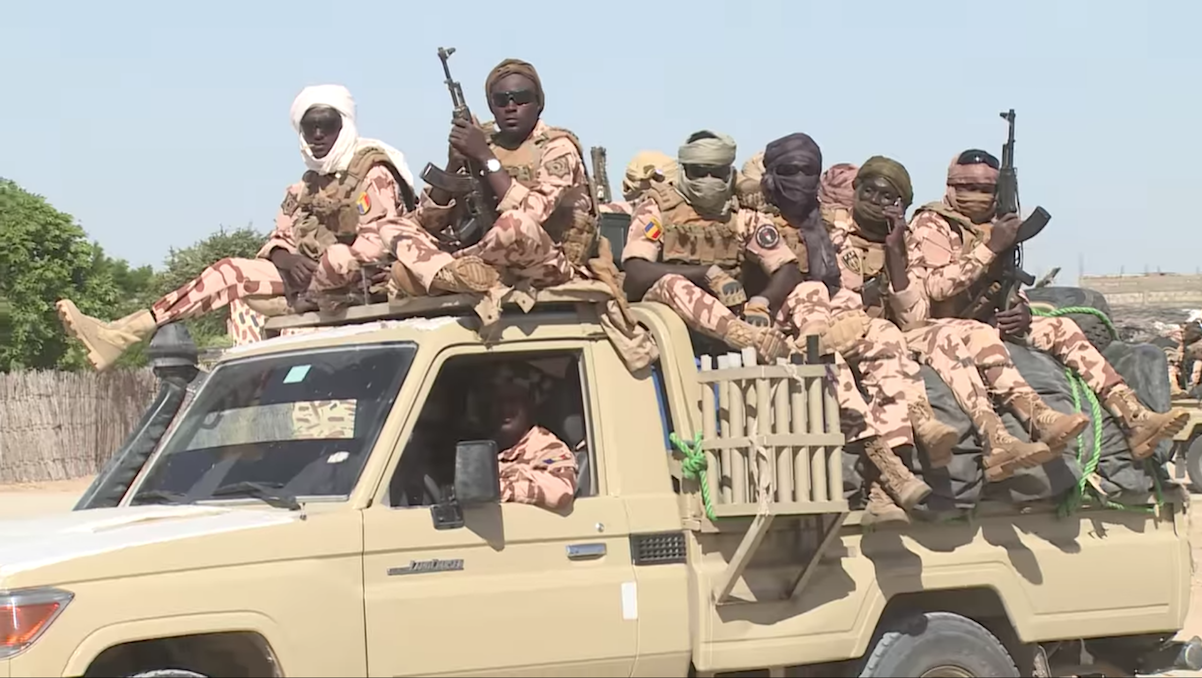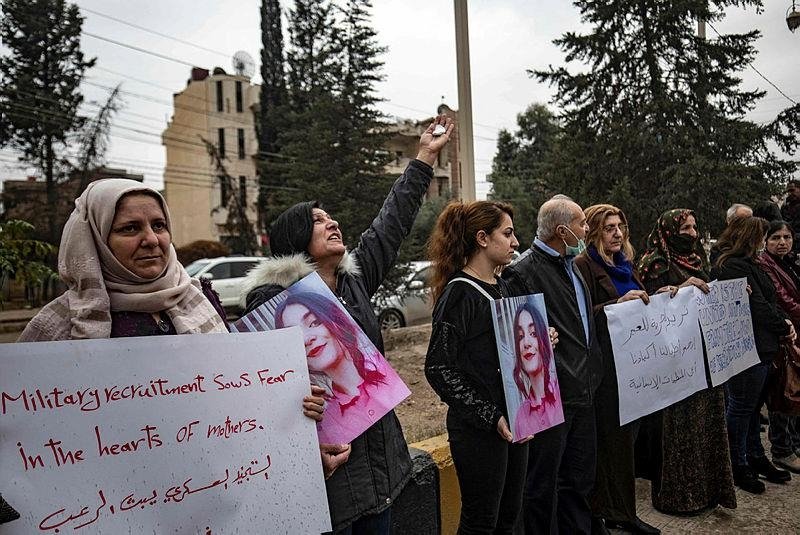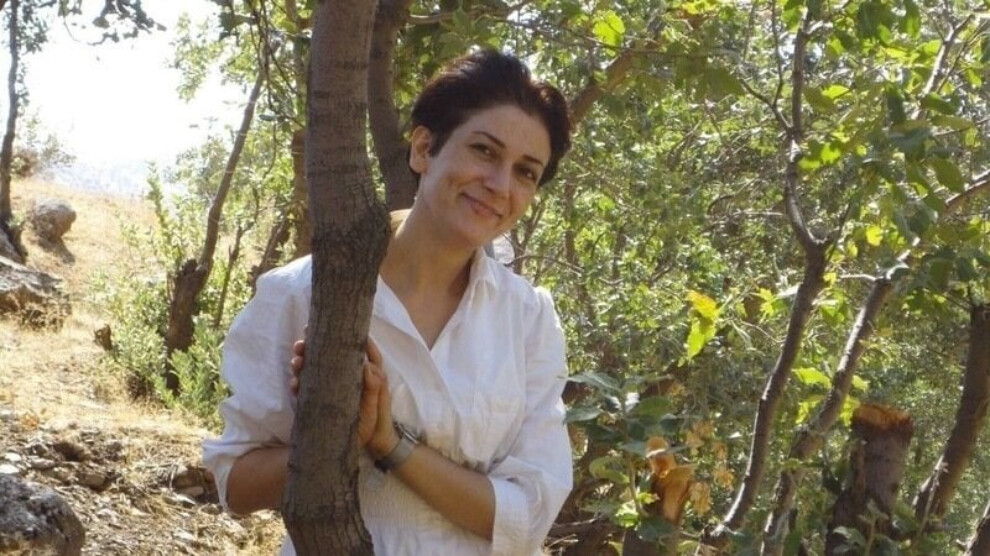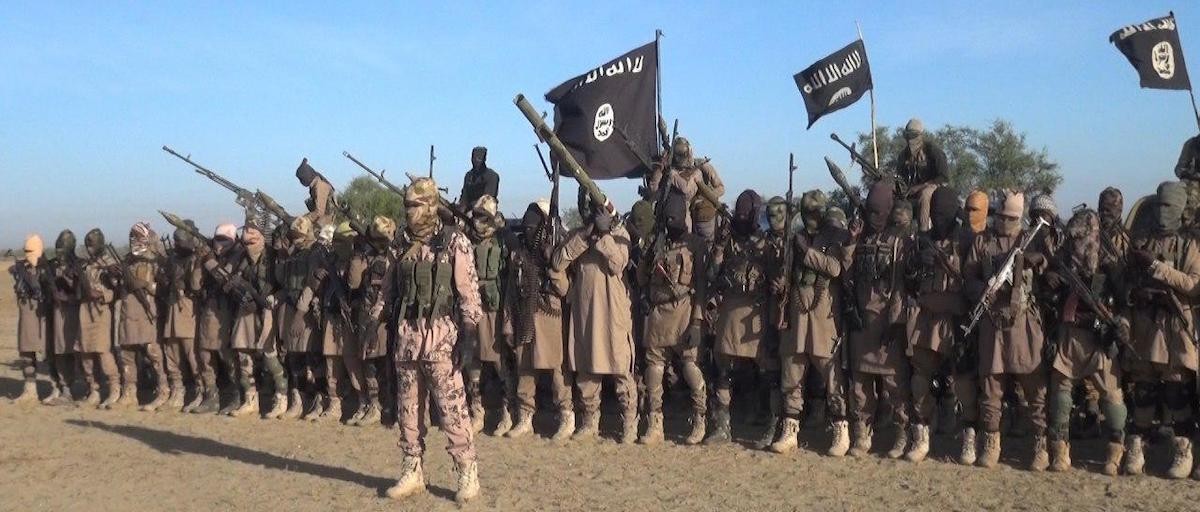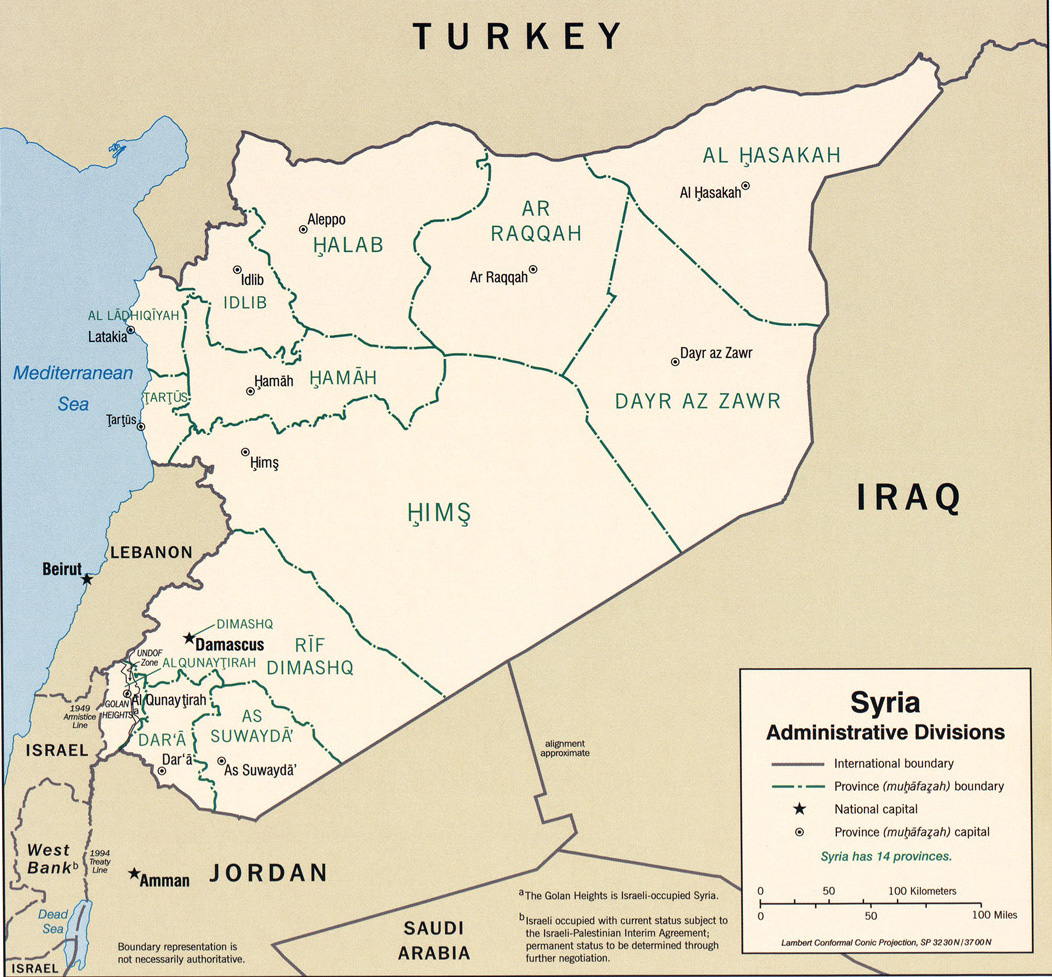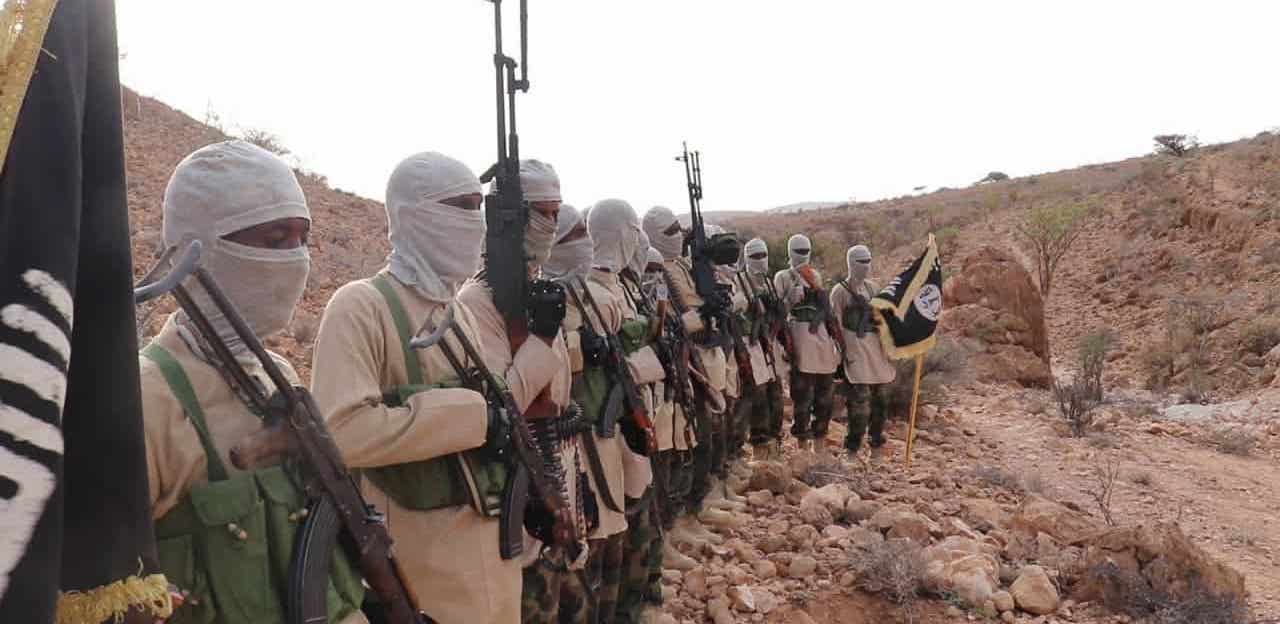
Trump’s first air-strikes hit ISIS base in Puntland
US fighter jets launched from the USS Harry Truman in the Red Sea struck a hidden base of the local ISIS franchise in the interior mountains of Somalia’s northern autonomous enclave of Puntland. Defense Secretary Pete Hegseth said the “initial assessment is that multiple operatives were killed” in these first US air-strikes under the new Trump presidency. The strikes were carried out with the cooperation of the governments of both Puntland and Somalia, whose President Hassan Sheikh Mohamud expressed his “deepest gratitude.” The Puntland Dervish Forces have for some five years been fighting the self-declared “Islamic State Somalia” in the enclave’s Cal Miskaad mountains. (Photo via Garowe Online)



